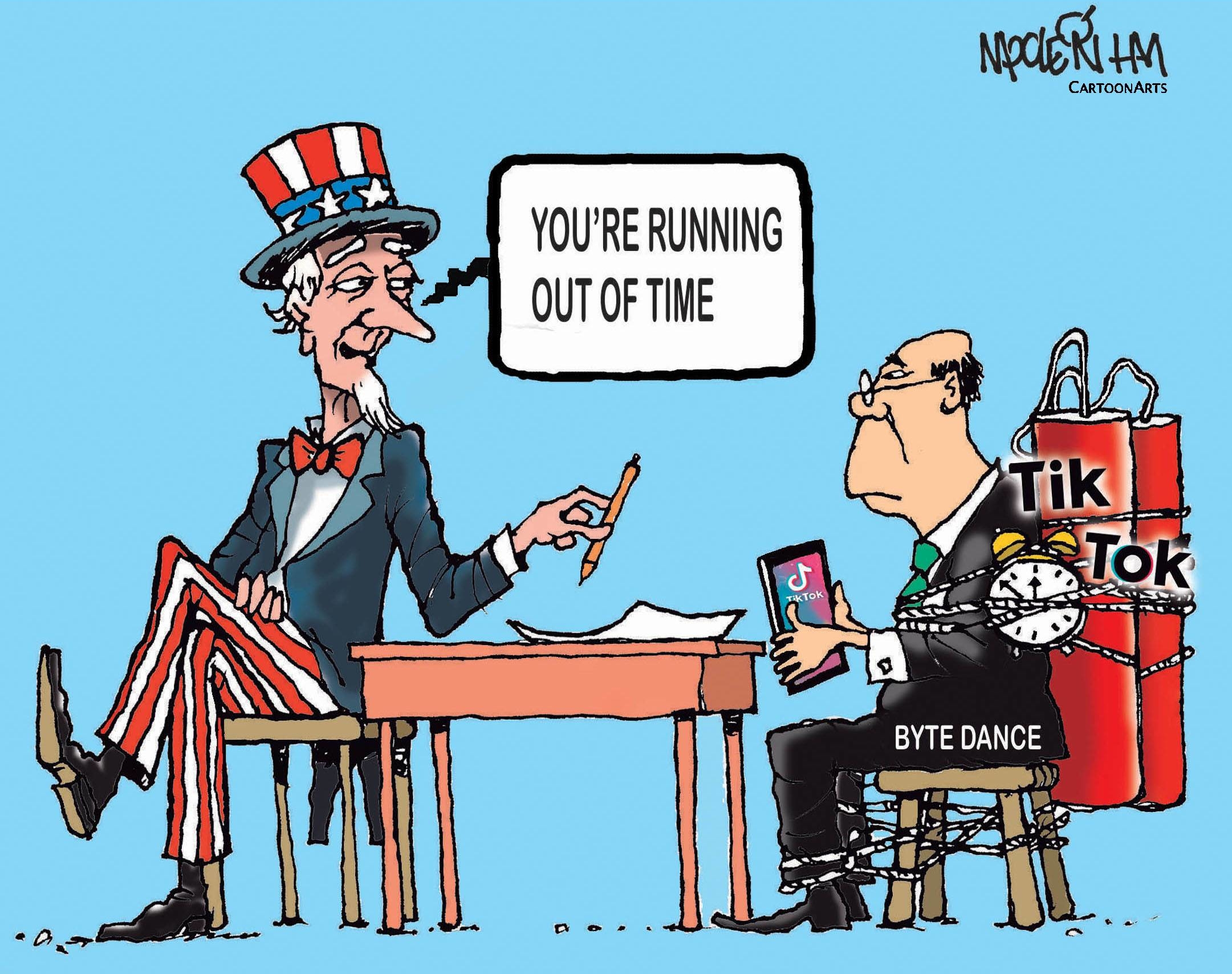The election of Joe Biden will not end the U.S.-China trade war. Biden has already vowed to keep outgoing President Donald Trump’s tariffs as leverage for negotiations. That signals the dawn of a permanent new era of economic competition between the two superpowers. But beyond the flashy, headline-grabbing issue of tariffs and trade deals, there’s another, more important economic struggle being waged — the battle to control technology industries. And the U.S. is deploying some very risky weapons to win it.
As China approaches technological parity with the U.S. in a variety of high-value industries, the U.S. has acted to maintain supremacy. Under Trump, the Committee on Foreign Investment in the U.S. (CFIUS) dramatically stepped up its blockage of Chinese acquisitions of U.S. companies — a major way that China appropriates advanced technology. Though natural security is the official justification for this, retaining U.S. commercial dominance is undoubtedly an additional goal.
CFIUS’s tougher approach will probably continue under Biden. This is probably a smart move, as Chinese acquirers have little to offer the U.S. tech industry except capital, and it’s already awash in that, thanks to low interest rates and continued inflows of foreign and domestic money. But what’s less obviously smart is Trump’s other big weapon against the Chinese tech industry: export controls.


















With your current subscription plan you can comment on stories. However, before writing your first comment, please create a display name in the Profile section of your subscriber account page.